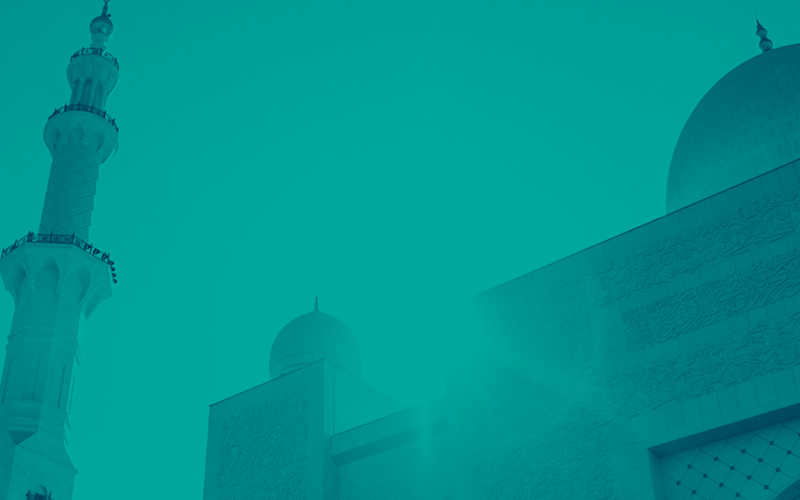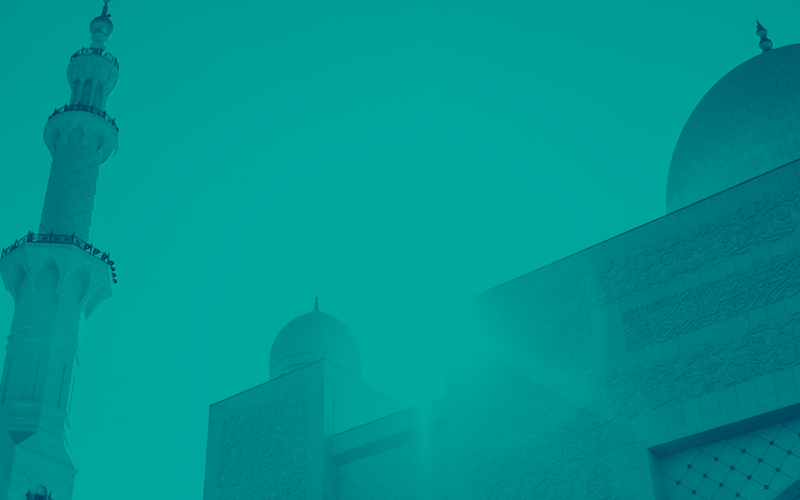
About the Malcolm H. Kerr Carnegie Middle East Center
About Us
The Malcolm H. Kerr Carnegie Middle East Center draws on regional experts to provide in-depth analysis of political, socioeconomic, and security issues in the Middle East and North Africa. Founded in 2006, the Beirut-based center delivers on-the-ground research of the region’s challenges, examines long-term geopolitical trends, and proposes innovative policy options. As freedom of expression has become increasingly restricted in the wider Middle East, the center also creates a space for people across the region to convene and share diverse perspectives.
Governance
Governance, Economies, and Freedoms
Examination of the impacts of declining oil prices, popular uprisings, and the collapse of Middle Eastern and North African rentier economies and authoritarian systems—particularly what this means for governance, economies, and society.
Conflict
Conflict and Border Relations
In-depth analysis of the internal conflicts, external interventions, and human loss and displacement that are shaping the region, with an emphasis on border areas and state relationships.
Identity
Religion, Identity, and Politics
Assessment of the roles of religious, tribal, and ethnic groups in shaping the region’s social fabric for centuries, how the roles have evolved to respond to new challenges, and the repercussions.
Military
Civil-Military Relations
Large program on civil-military relations in Arab states; it aims to build expertise in defense affairs, enable civil-military dialogue, and foster defense-sector oversight—with the ultimate goal of developing policies that support the modernization and professionalization of Arab militaries.
Regional Order
Multipolar Regional Order
Survey of the effects of regional and international powers that are competing for political, economic, and societal influence in the region.

Maha Yahya, Center Director
Yahya is an incisive and thoughtful author on political violence, identity politics, pluralism, and development and social justice after the Arab uprisings, among other topics. She has focused much of her recent work on Lebanon’s political and economic future as well as Syria’s refugees and their struggle to return home. Yahya previously worked for the United Nations, advising on social and urban policies for West Asia.
Advisory Council
Mr. Said Darwazah
Executive Chairman
Hikma Pharmaceuticals
Mr. Hassan Elmasry
Managing Partner (ret.) & Chair Emeritus
Independent Franchise Partners
Mrs. Samia Farouki
Founder and CEO
Hii-Finance Corporation
Mr. Fouad M.T. Al-Ghanim
Chairman
Fouad Alghanim & Sons Group of Companies
Mr. Ali Al-Husry
Non-Executive Director
Hikma Pharmaceuticals
Dr. Rima Khalaf
Former Executive Secretary
United Nations Economic and Social Commission for Western Asia (ESCWA)
Mr. Samer Khoury
Chairman
Consolidated Contractors International Company S.A.L.
MENA Transitions
MENA Transitions is a monthly newsletter with the latest analysis from the Carnegie Middle East Program and the Malcolm H. Kerr Carnegie Middle East Center.

Center Scholars and Staff
Meet our scholars
Meet Our Staff
Join the Team
Working at the Malcolm H. Kerr Carnegie Middle East Center
The Malcolm H. Kerr Carnegie Middle East Center continuously seeks to expand its diverse pool of regional scholars and support staff and to provide an intellectually challenging and professionally rewarding environment. The center offers staff opportunities to develop their analytical, research, and interpersonal skills and to can expand their personal networks.
Internships at the Malcolm H. Kerr Carnegie Middle East Center
The Malcolm H. Kerr Carnegie Middle East Center offers year-round internships for young graduates from the region to enhance their career prospects and complement their education. Interns support the center’s mission of promoting a deeper understanding of the region by contributing to the work of the communications team, scholars, and research staff. They are encouraged to partake in all the center’s activities and benefit from debates and discussions.